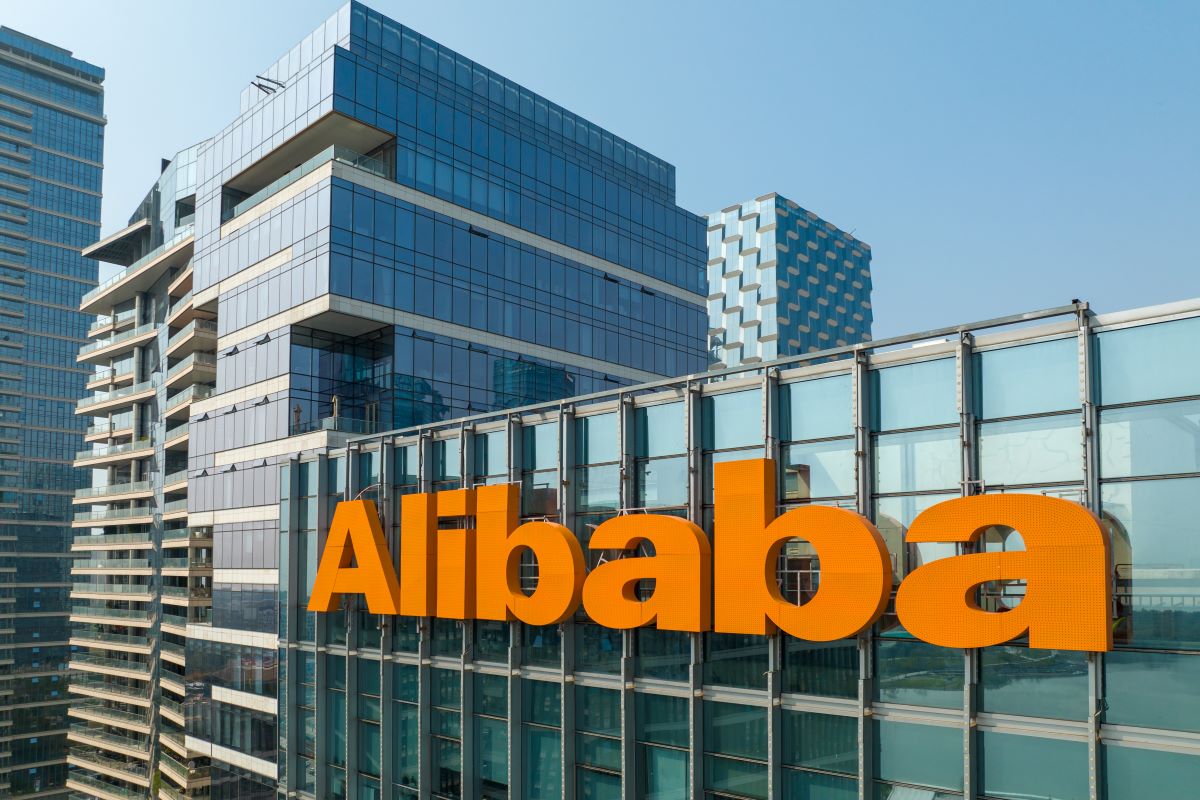China’s e-commerce giant, Jack Ma’s Alibaba Group, announced a restructuring of its business with potential listings for most of them. The Alibaba split will create six separate firms, in a sign of easing regulatory scrutiny by Beijing on the country’s technology sector.
Alibaba will assume a holding company structure, much like what Meta and Alphabet did in the past, and CEO Daniel Zhang will continue to lead the company. The six new businesses that will be run independently include — Cloud Intelligence Group, Taobao Tmall Commerce Group, Local Services Group, Cainiao Smart Logistics Group, Global Digital Commerce Group and Digital Media and Entertainment Group.
What does the Alibaba split mean?
The Alibaba split will enable these businesses to pursue capital raising and IPOs by themselves, along with a separate board of directors for each. While CEO Zhang will continue to head the company, he will step back from operational decisions such as hiring and firing, profit and losses, and hiring and firing of employees. These tasks will be handled by the respective CEOs of the newly set up business units.
“This transformation will empower all our businesses to become more agile, enhance decision-making, and enable faster responses to market changes,” Zhang said in a letter to Alibaba employees. “With this change, middle and back office functions at (Alibaba) will be slimmed down, while only functions required for listed company compliance will be retained.”
The CEO added that the intention of the Alibaba split is to make the company more ‘agile, shorten decision making links and respond faster’. While Zhang talks about certain benefits for the company, there are other elements which are at play as well as seen by the recent Big Tech restructuring. The Alibaba split would make it less susceptible to regulatory scrutiny, while divesting and selling a business unit also become easier.
Alibaba has seen its market capitalization decline by nearly $600 bn since the share price peak in October 2022. What followed was a tech crackdown by Beijing on tech firms in China. The best example here is the Ant Group IPO being shelved with no prospects yet of a revival.
The announcement comes on the heels of Jack Ma returning to China after nearly a year of staying abroad, which some perceived as Beijing’s softer stance on the company and its founder. On the other hand, the restructuring also aligns with the government’s goal of anti-monopoly in the tech sector.
If we look at the growth prospects of the business units, the cloud computing business seeing the fastest growth, but the e-commerce segment is the primary revenue (70%) generator.
Alibaba shares in the US, mainland China and Hong Kong jumped in double digits after the news was reported. The split also helped other tech stocks do better anticipating the end of regulatory tightening for the sector, with JD.com and Tencent posting gains on March 29.
“Alibaba’s decision to divide its business into six entities has been met with positive reactions from the market, as evidenced by the significant increase in share price,” writes Oshadhi Kumarasiri, Equity Analyst at LightStream Research which publishes on Smartkarma. “However, the underlying reasons for this restructuring are still up for debate. While Alibaba sees it as a move to increase agility and facilitate faster responses to shifts in the market, we speculate that it may be an attempt to seek more lenient regulations, potentially even moving some of its businesses to regulatory-friendly markets like Singapore.”
However, technical analysis of the stock prices has a positive outlook. “We suggest that the split will benefit BABA’s stock price from a valuation standpoint. Under the SOTP valuation, even with conservative multiples, the stock price could still have ~20% upside compared to the current price. The separation of business units limits the impact of unit-specific factors to the entire group.” as per Blue Lotus Research Institute which publishes on Smartkarma.


 Australia
Australia China
China India
India Indonesia
Indonesia Japan
Japan Malaysia
Malaysia Philippines
Philippines Singapore
Singapore South Korea
South Korea Taiwan
Taiwan Thailand
Thailand Vietnam
Vietnam







